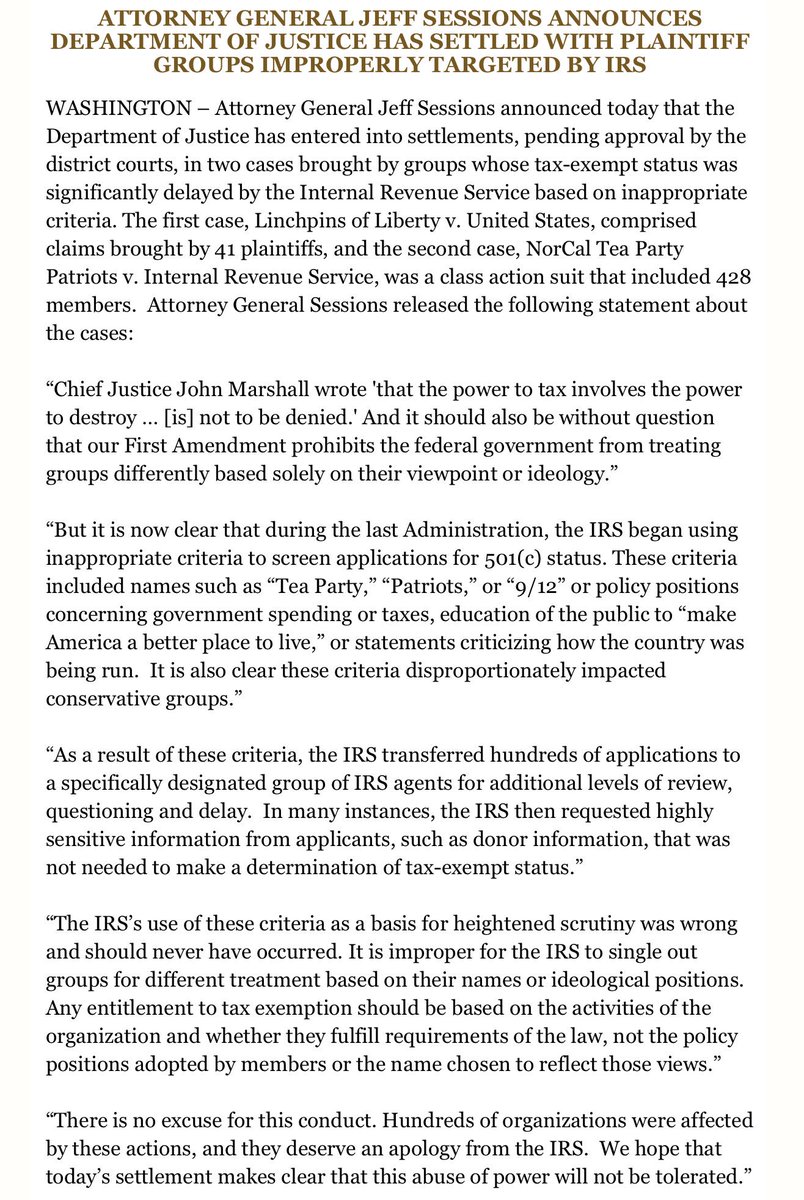The Clinton’s were masters at cunning operations for power, money and access. Along the way, they exploited people for help and threw others under the bus. The Clinton’s were crafty and cunning enough to ensure their fingerprints were never on the evidence and deferred to loyal lawyers due to the ability to apply attorney client privileges.

Going back in time and space with Hillary takes us to at least as far back as when she was a New York senator, the foundation and her craft in politics. Conspiracy and connivance were and are a daily action by Hillary. Not all the blame with Uranium One belongs to Hillary. There are her lawyers and powerbrokers globally that belong to this network.
Russia has intruded into all things America because at least Hillary and the Obama administration allowed them in.
There were several members of congress that had various depths of knowledge regarding selling uranium to Russia and expressed concerns including documents to Obama administration officials only to get nothing. Assigned FBI agents admitted being stonewalled due to ‘politics’ as well to the informant.
So, what did the media know and did they report? Yes, some of them for sure, yet there were so many scandals running concurrently, it was hardly noticed if at all. Even the New York Times reported.
As a refresher:
2015/The story involves a Canadian company called Uranium One, a Russian investor, the State Department, and The Clinton Foundation.
“As the Russians gradually assumed control of Uranium One in three separate transactions from 2009 to 2013, Canadian records show, a flow of cash made its way to the Clinton Foundation,” The Times reports.
Here’s the high-level summary. There are more details below.
• Canadian company Uranium One owned uranium mines in the US and Kazakhstan.
• Uranium One’s mines account for 20% of the uranium mined in the US. Uranium is used for nuclear weapons, and it’s considered a strategic asset to the US.
• Russia’s state-owned atomic agency, Rosatom, bought a 17% stake in Uranium One in June 2009.
• The Russian atomic agency decided it wanted to own 51% of Uranium One in June 2010. To take a majority stake in Uranium One, it needed approval from a special committee that included the State Department, which Hillary Clinton led at the time.
• Investors in Uranium One gave money to the Clinton Foundation starting in 2005 and through 2011. On June 29, 2010, Bill Clinton was paid $500,000 to speak in Russia by an investment bank with ties to Russia’s government that had a buy rating on Uranium One’s stock.
• In January 2013, despite assurances to the contrary, a subsidiary of Rosatom took over 100% of the company and delisted it from the Toronto Stock Exchange.
• Clinton was required to disclose all of her foundation’s contributors before she became secretary of state, but the Clintons did not disclose millions of dollars donated by the chairman of Uranium One while the review of the deal was ongoing.
“Uranium One’s chairman used his family foundation to make four donations totaling $2.35 million,” The Times reports. “Those contributions were not publicly disclosed by the Clintons, despite an agreement Mrs. Clinton had struck with the Obama White House to publicly identify all donors. Other people with ties to the company made donations as well.”
The Times’ revelations appear to have originated from reporting in “Clinton Cash,” a forthcoming book by conservative author Peter Schweizer, which was provided to the newspaper for advance reporting. The report said The Times “scrutinized his information and built upon it with its own reporting.”
The Clinton campaign and its allies have aggressively dismissed the book as partisan conspiracy-mongering. In a statement to The Times, Clinton spokesman Brian Fallon said the State Department was only one of multiple US government bodies that approved the transaction.
“[No one] has produced a shred of evidence supporting the theory that Hillary Clinton ever took action as secretary of state to support the interests of donors to the Clinton Foundation,” Fallon told The Times. “To suggest the State Department, under then-Secretary Clinton, exerted undue influence in the US government’s review of the sale of Uranium One is utterly baseless.”
Here are some key points from the Times report:
- According to The Times, Uranium One’s involvement with the Clintons stretches back to 2005, when former President Bill Clinton accompanied Canadian mining financier Frank Giustra to Kazakhstan, where they met with authoritarian president Nursultan Nazarbayev. Going against American foreign policy at the time, Bill Clinton expressed support for Nazarbayev’s bid to lead an international elections monitoring group.
- Soon after, Giustra’s company, UrAsia Energy (the predecessor to Uranium One) won stakes in three uranium mines controlled by Kazakhstan’s state-run uranium agency. Months after the deal, Giustra reportedly donated $31.3 million to Clinton’s foundation.
Kazakh President Nursultan Nazarbayev with former US President Bill Clinton in Almaty in 2005. Clinton traveled to the ex-Soviet Central Asian state to sign an agreement with the government, admitting Kazakhstan into the Clinton Foundation HIV/AIDS Initiative Procurement Consortium.REUTERS/Shamil Zhumatov SZH/DH
- After the legality of the Kazakhstan deal was called into question, Uranium One asked the American embassy in Kazakhstan for help. Uranium One’s executive vice president copied then-Secretary of State Hillary Clinton on a cable saying he wanted an official written confirmation that the company’s licenses in Kazakhstan were still valid, according to The Times. Soon after, the embassy’s energy officer met with Kazakh officials.
- In June 2009 ARMZ, a subsidiary of Russia’s atomic energy agency Rosatom, finalized a deal for a 17% stake in Uranium One. In June 2010, the Russian government sought a 51% controlling stake in the company that would have to be approved by the American government. Rosatom also said that after that, the agency “did not plan to increase its stake in Uranium One or to take the company private,” The Times noted in a timeline of the events.
- Investors with ties to Uranium One and UrAsia donated millions to the foundation in 2010 and 2011. These donations were disclosed. In addition to this, Bill Clinton was paid $500,000 to speak in Moscow in June 2010, the same month that the Russians closed the deal for the majority stake in Uranium One. The speaking fee was one of Clinton’s highest, according to The Times.
- The US Committee on Foreign Investment, which includes the attorney general, the secretaries of the Treasury, Defense, Homeland Security, Commerce and Energy, and the secretary of state, were charged with reviewing the deal that would give Rosatom a majority stake because uranium is “considered a strategic asset with implications for national security,” according to The Times.
- The concern was American dependence on foreign uranium. The Times notes that while the US “gets one-fifth of its electrical power from nuclear plants, it produces only around 20% of the uranium it needs, and most plants have only 18 to 36 months of reserves.”
- Four members of Congress signed a letter expressing concern over the deal, and two others drafted legislation to kill it. One senator contended that the deal “would give the Russian government control over a sizable portion of America’s uranium production capacity” as well as “a significant stake in uranium mines in Kazakhstan.” The Nuclear Regulatory Commission made assurances that the US uranium would be preserved for domestic use regardless of the deal.
- Final say over the deal rested with the foreign investment committee, “including Mrs. Clinton — whose husband was collecting millions of dollars in donations from people associated with Uranium One,” The Times notes.
- After the deal was approved in October 2010, Rosatom’s chief executive, Sergei Kiriyenko, said in an interview with Russian President Vladimir Putin: “Few could have imagined in the past that we would own 20% of US reserves.”
- A source with knowledge of the Clintons’ fundraising pointed out to The Times that people donate because they hope that money will buy influence. The source said: “Why do you think they are doing it — because they love them?”
- Despite claims by Russia that the country didn’t intend to increase its stake in Uranium One or take the company private, ARMZ — the subsidiary of Russia’s atomic energy agency — took over 100% of the company and delisted it from the Toronto Stock Exchange in January 2013.
“Whether the donations played any role in the approval of the uranium deal is unknown,” The Times concluded. “But the episode underscores the special ethical challenges presented by the Clinton Foundation, headed by a former president who relied heavily on foreign cash to accumulate $250 million in assets even as his wife helped steer American foreign policy as secretary of state, presiding over decisions with the potential to benefit the foundation’s donors.”
Now that Hillary Clinton formally announced a presidential run, her foundation has come under increasing scrutiny.
Her family’s charities are refiling at least five tax returns after Reuters found errors in how the foundations reported donations from governments, the news wire reported this week.







